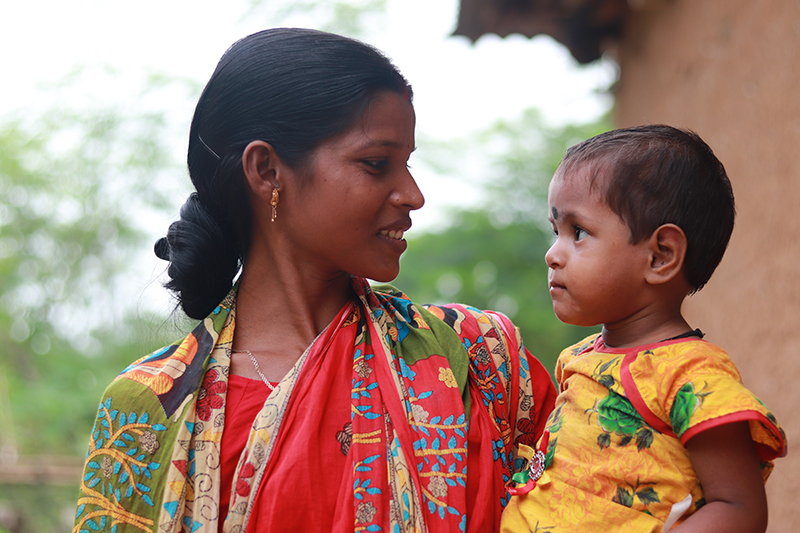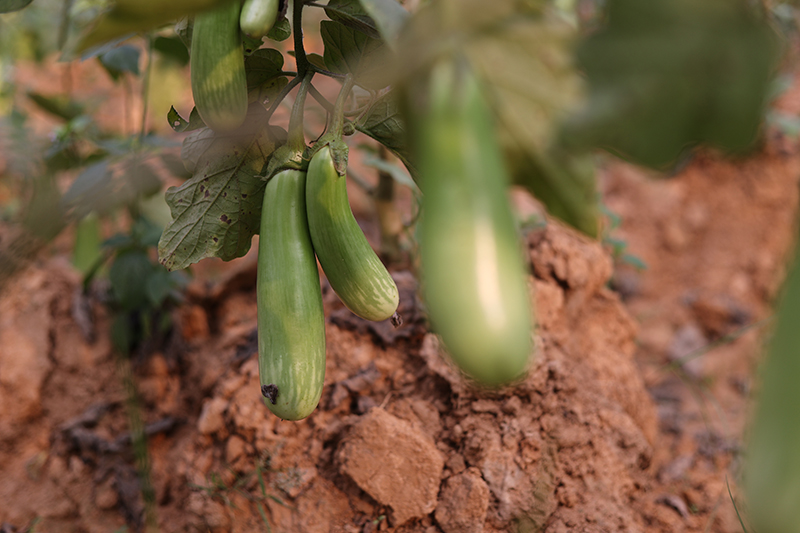
Nutrition
Previous national surveys had not collected nationally representative data on children between the age of 5 and 14 years. These populations received less attention than those who are considered to be more vulnerable (pre-school children and adolescents). School-age children are beneficiaries of the world’s largest school feeding programme (Mid-Day Meal Scheme, 2014). Obtaining representative data…
Read More
Nutrition
The Food and Nutrition Security Analysis, India 2019 report has attempted to analyse data from all three dimensions viz. food availability, accessibility and utilization to help the reader take stock of the food and nutrition situation in India over different periods of time. In supporting the monitoring of progress towards achieving the targets under SDG…
Read More
KEY TRENDS • According to The State of the World’s Children 2019 report, the proportion of children under 5 years who are either stunted, wasted or overweight was 54 percent for India in 2015, 49 percent for Afganistan, 46 percent for Bangladesh in 2014, 43 percent for Nepal in 2016, 43 percent for Pakistan in 2018, 40 percent for…
Read More
KEY TRENDS • According to The State of the World’s Children 2019 report, the proportion of children under 5 years who are either stunted, wasted or overweight was 54 percent for India in 2015, 49 percent for Afganistan, 46 percent for Bangladesh in 2014, 43 percent for Nepal in 2016, 43 percent for Pakistan in 2018, 40 percent for…
Read More
Previous national surveys had not collected nationally representative data on children between the age of 5 and 14 years. These populations received less attention than those who are considered to be more vulnerable (pre-school children and adolescents). School-age children are beneficiaries of the world’s largest school feeding programme (Mid-Day Meal Scheme, 2014). Obtaining representative data…
Read More
The Food and Nutrition Security Analysis, India 2019 report has attempted to analyse data from all three dimensions viz. food availability, accessibility and utilization to help the reader take stock of the food and nutrition situation in India over different periods of time. In supporting the monitoring of progress towards achieving the targets under SDG…
Read More
As per the Global Nutrition Report 2018: Shining a light to spur action on nutrition, please click here and here to access: • There are three countries, which are home to almost half (47.2 percent) of all stunted children: India, Nigeria and Pakistan. The three countries with the largest number of children who are stunted are India (46.6 million), Nigeria…
Read More
The Urban HUNGaMA (Hunger and Malnutrition) Survey Report was released in February, 2018. Naandi Foundation carried out this survey in India’s ten most populous cities – Mumbai, Delhi, Bengaluru, Hyderabad, Ahmedabad, Chennai, Kolkata, Surat, Pune and Jaipur to measure the nutrition status of children aged 0-59 months. These 10 cities account for 5.3 percent of…
Read More
The key findings of the report entitled Diet and Nutritional Status of Urban Population in India and Prevalence of Obesity, Hypertension, Diabetes and Hyperlipidemia in Urban Men and Women (released in 2017), National Nutrition Monitoring Bureau (NNMB) Technical Report no. 27, National Institute of Nutrition (NIN), (please click here to access), are as follows: • The overall prevalence…
Read More